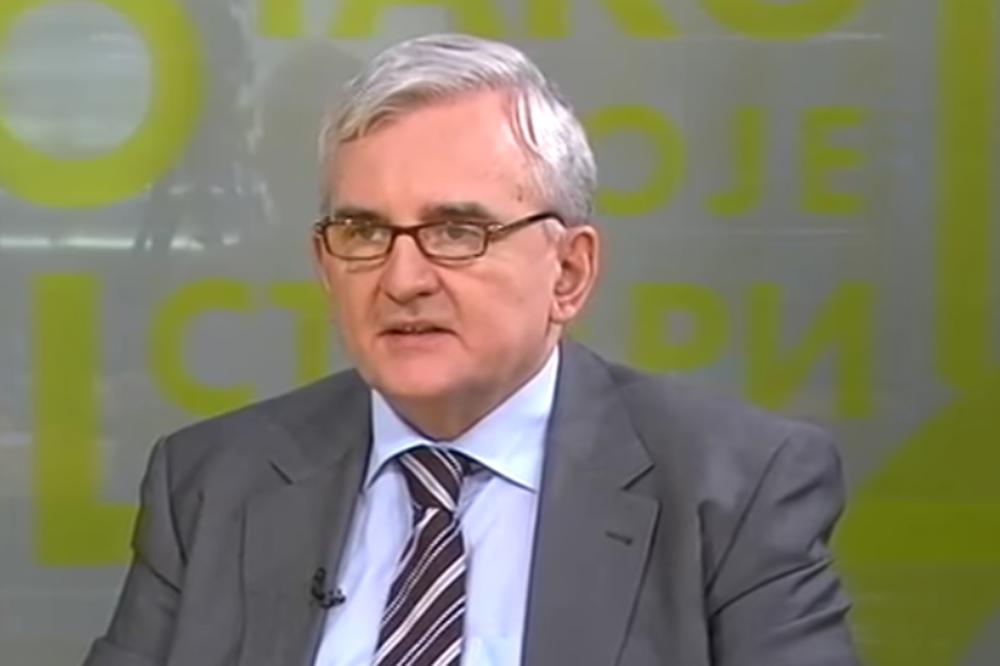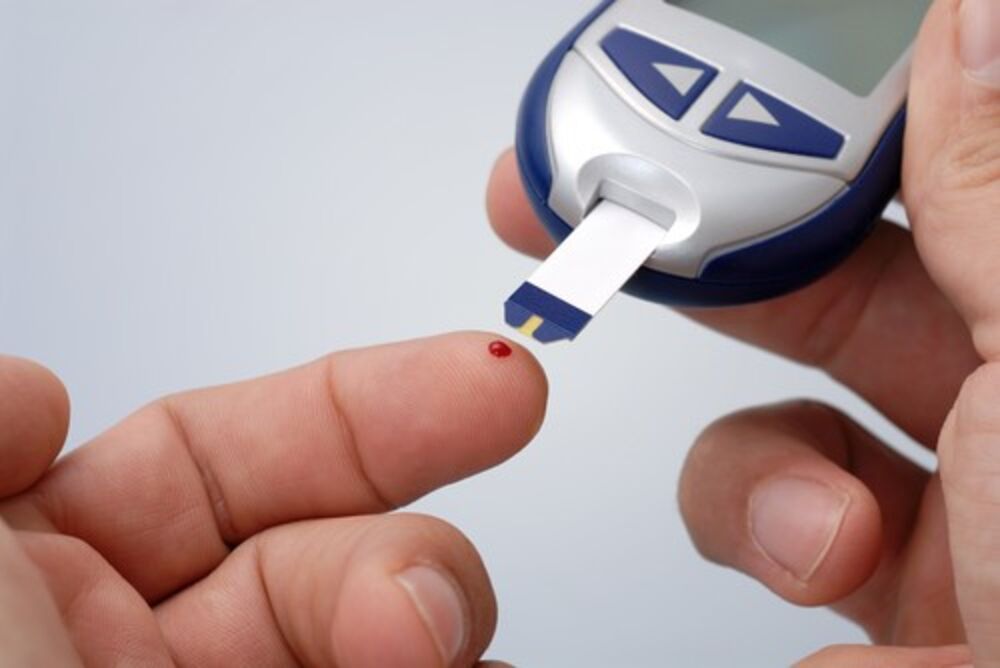
Dr. Nebojša Lalić, Photo: Youtube printscreen/RTS That’s how things are – Official channel
Although accompanied by familiar symptoms, diabetes it cannot be determined that way, but through screening methods that, based on blood tests, give an answer as to who has and who is at risk of becoming diabetic
Given that the covid 19 pandemic disrupted the normal functioning of health centers and the provision of services to patients, it was also neglected to fill out a questionnaire of 8 questions on the basis of which anyone who wants to find out if they are at risk of getting diabetes, can thus to get an answer. Until they get information about the potential risk, eClinic portal readers were interested in whether diabetics, with a sugar level of 6 or 7 units, are allowed to use honey in their diet.
How to determine who has diabetes
– Diabetics should never consume honey, because it contains some forms of sugar that are difficult to metabolize and are not good for diabetes. The result of measuring blood sugar, with a three-month average of 6.75, as stated by one of the readers, says that it is probably not diabetes – academician professor Dr. Nebojša Lalić, dean of the Faculty of Medicine in Belgrade and an expert in endocrinology and diabetology. As he points out, the reason for increased glucose values can also be due to drugs or some diets and explains how to determine exactly who has diabetes.

– If in two repeated consecutive measurements the sugar is higher than 7.1, then it is diabetes. If it is between 6.1 and 7, then it is a tendency towards diabetes – emphasizes Professor Lalić and adds that only sweets, fatty foods and alcohol are prohibited in the diet of diabetics. Everything else, as he points out, can be consumed, only in certain quantities, according to the individual menu of the sick person.
What blood sugar level confirms that you have diabetes
In order for the glycemia test result to be valid, according to Professor Nebojsa Lalić’s explanation, the sugar result must be measured after 12 hours of fasting and be determined after two consecutive measurements. This practically means that a person should have dinner and give blood for analysis after 12 o’clock in the morning.
– This is the so-called quick criterion. A diagnostic criterion found in scientific papers that reliably detects diabetes calls for an oral glucose challenge test, or OGTT. The glycemic value of that test is done when a person has not eaten, and then drinks 75 grams of glucose dissolved in water. Two hours later, the glycemia value is determined. If it is over 11.1, then it is diabetes.

As many as 36 percent of sufferers do not know they have diabetes
Professor Nebojša Lalić emphasizes that diabetes is accompanied by symptoms such as increased thirst, frequent urination and general weakness and malaise. These symptoms are important for classic diabetes, but, as he says, they can also indicate other diseases, and a diagnosis cannot be established based on them alone, but using parameters in the blood.
– The problem is that 36 percent here, and in some countries even up to 50 percent of patients do not know that they have diabetes. It is often discovered late, accidentally during another examination – cautions professor Lalić and reminds that diabetes “doesn’t hurt”, it does not have to have convincing symptoms, and that is why diabetes should be sought through screening. He also points out that diabetes goes together with hypertension, coronary heart disease, ischemic brain disease… These are associated diseases and that is why it is important to recognize the danger of diabetes in time.
The risk of this insidious disease can be determined by screening
– We will once again revitalize the questionnaires in the health centers. Due to the covid 19 epidemic, many things were disrupted, including these questionnaires, which mean a lot. In a simple way, with only 8 questions that must be answered carefully, it can be determined whether someone has a risk of getting diabetes in the next 10 years, even though he is completely healthy at that moment – explains Professor Nebojša Lalić. The questions in the questionnaire are general, and some of them are “is there diabetes in the family, has the person ever been diagnosed with high blood sugar, do they eat vegetables and to what extent, what is their physical activity, is the person obese is a high risk for developing diabetes…”
If there is a risk, as he states, it enables the monitoring of associated diseases, chronic complications of diabetes, which are changes in the eyes, kidneys, heart and blood vessels.
– Namely, it turned out that these changes exist when diabetes is discovered, but also when it develops, even before it manifests – Professor Nebojša Lalić, PhD, tells our portal.
Bonus video:
(Espresso/Eklinika/Branka Lazić/Transmission MM)








